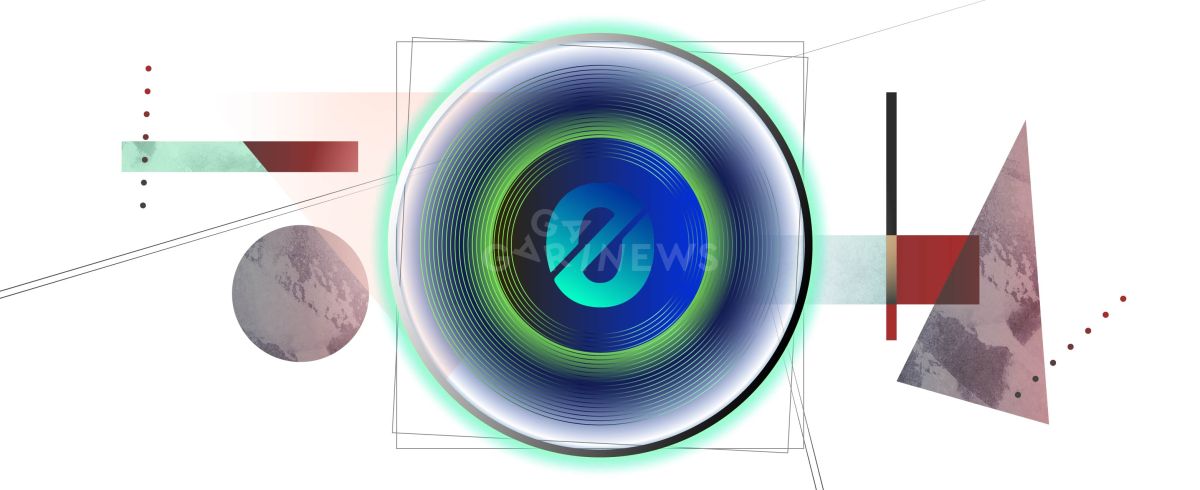What is Origin Token?

Origin Token – is it a good investment or not? What are the possibilities for the holders of this token, and what project does it represent? Find out in our article!
Origin Token is an Origin Protocol ecosystem governance token created on the Ethereum blockchain. It is traded on crypto exchanges under the ticker OGN. The asset is also used for staking and allows investors to receive a percentage of the revenue that Origin Protocol records based on its performance.
Its holders can make suggestions for improvements to the products for which the issuer is responsible and vote on them. For example, in 2021, token holders approved the integration of Origin Protocol with the Polygon blockchain. Thus, the platform’s development takes place under the supervision and control of its investors.
OGN’s issuance is limited to 1 billion coins. Origin developers periodically redeem tokens to control the asset’s market value better.
What is the Origin Protocol?
Origin Protocol is a web3 protocol that works in the area of NFT and DeFi. It gives creators the ability to create and release NFTs on their sites and offers passive income for holding an Origin Dollar stablecoin in a cryptocurrency wallet.
Previously, the platform focused on decentralized commerce and introducing cryptocurrencies into marketplaces. Origin sought to mitigate the difficulties associated with DeFi so that retailers could integrate crypto into their businesses freely and without fear.
The founders are Josh Fraser and Matthew Liu, former co-founders of technology issuers. In 2018, the project raised $38 million in private and public token sales. Specifically, investors of Origin Token included Pantera Capital, Blockchain.com, YouTube creator Steve Chen and Reddit founder Alexis Ohanian.
The Origin Story product is responsible for connecting the NFT feature to artists’ and musicians’ sites. It simplifies the minting of non-fungible tokens and provides more freedom regarding branding, pricing, and content in general. A distinctive feature of the service is support for purchasing works with credit and debit cards for fiat. Among the NFTs released using the protocol are the album by electronic artist 3LAU and the viral video Charlie Bit My Finger.
Stablecoin Origin Dollar allows you to receive 1.66% APY for keeping the asset in your wallet. OUSD is a stablecoin based on the Ethereum network, and its price is pegged to the U.S. dollar.
Is Origin Token a good investment?
Origin Token dropped in value by 95% from its all-time high of $3.39 in April 2021. OGN is on a downward momentum and is not recovering due to volatility. At the time of writing, the token’s price was $0.1717. According to the Origin Protocol website, the market capitalization is $86 million.
There are both promising and more modest outlooks for the value of Origin Token. According to the WalletInvestor website, OGN is a “not very good” investment, as the asset won’t rise above $0.41 by the end of the year. Origin Token’s 2025 price forecast shows that quotes will range between $0.10 and $1.
However, the CoinQuora resource suggests that the price could rise above $1 at the end of the year and reach $40 in 5 years.
The PricePrediction.net platform expects Origin Token to rise to $1.62 in 2025, and the price could average $10.11 in 2030.
The OGN token is believed to be trading at fair value right now amid the atmosphere of fear prevailing in the market. But the price should be attractive for those who want to support the Origin Protocol project, as the asset is projected to have growth potential.
The content on The Coinomist is for informational purposes only and should not be interpreted as financial advice. While we strive to provide accurate and up-to-date information, we do not guarantee the accuracy, completeness, or reliability of any content. Neither we accept liability for any errors or omissions in the information provided or for any financial losses incurred as a result of relying on this information. Actions based on this content are at your own risk. Always do your own research and consult a professional. See our Terms, Privacy Policy, and Disclaimers for more details.


























